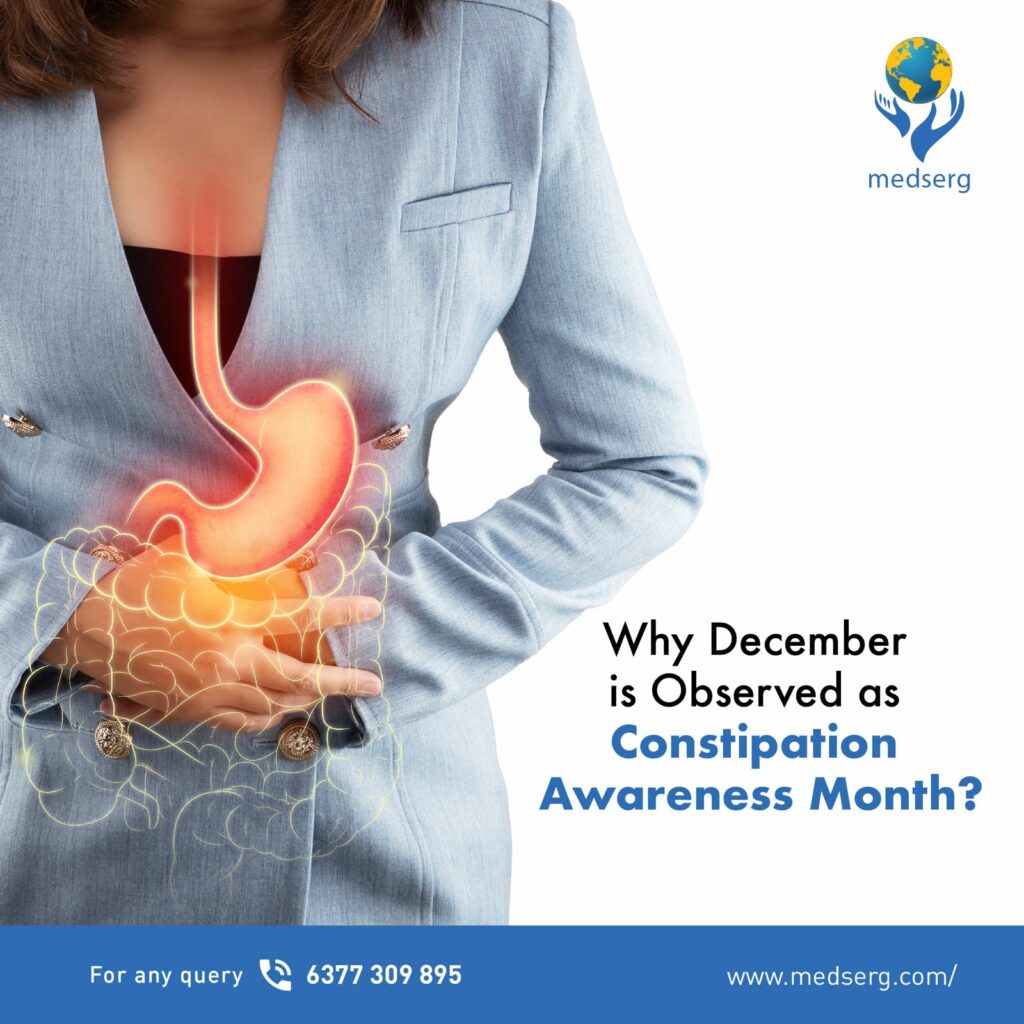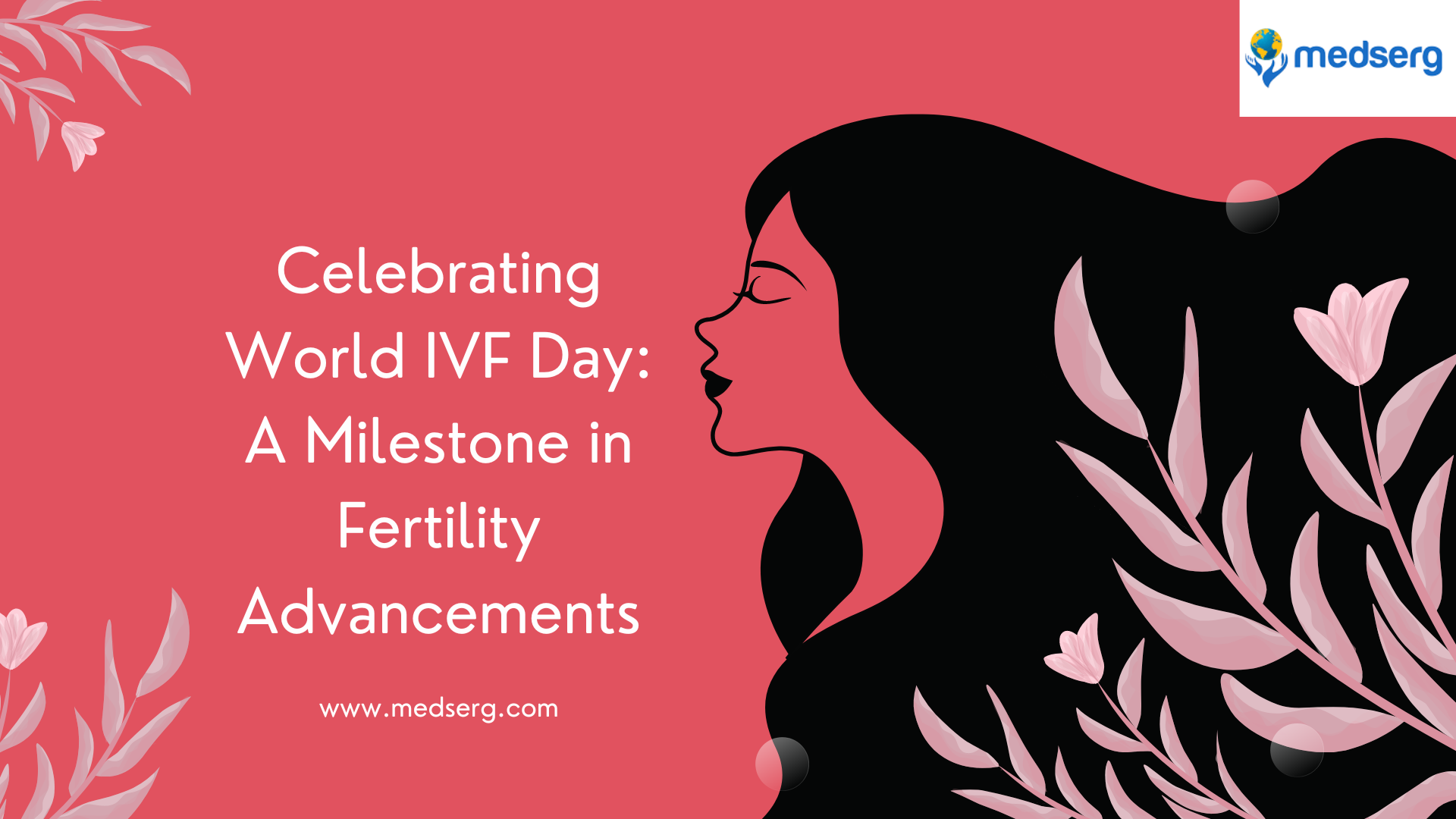It aims to raise awareness about symptoms, causes, and preventive measures related to this digestive concern. Recognized in December to raise awareness about the significance and challenges of chronic constipation.
Importance for Constipation Awareness
Constipation is a frequent gastrointestinal condition, that affects people of all ages, with a prevalence of around 20% in the general population and 29.6% in children. Constipation is more common in the elderly than in the younger population. Elderly women suffer from severe constipation more frequently (two to three times) than male counterparts. In India, 22% of adults suffer from constipation, where 59% of them complain of severe constipation and 27% complain of constipation associated with certain comorbidities, according to the 2018 Gut Health Survey.
The most common type of constipation is normal-transit, where the traverse of the stool through the colon and its frequency may be normal, but patients nevertheless feel constipated. Women mostly face slow-transit constipation, where a reduction in colonic motor activity combined with a significantly diminished colonic responses are observed following a meal and on awakening in the morning. Pelvic floor dysfunction is another type of constipation where the person is unable to correctly relax and coordinate the muscles in the pelvic floor in order to have a bowel movement.
Constipation Causes
There are many factors that contribute to constipation, which might include:
- Low fiber diet
- Caffeine abuse
- Overuse of alcohol
- Medications
- Endocrine disorders (hypothyroid)
- Neurologic disease (neuropathy)
- Psychological issues
Most paediatric patients benefit from medical treatment, but in adults’ constipation has a poor prognosis; it seriously affects the quality of life. Factors that are associated with a worse prognosis are as follows:
- Female gender
- Occurrence in geriatric patients (old age)
- Longer time between onset of symptoms and initiation of treatment
- Longer colonic transit time.
Constipation Complications
Long term constipation can lead to complications such as:
- Abdominal discomfort or cramps
- Poor quality of life
- Haemorrhoids
- Anal fissures
- Damage to the pelvic floor
- Fecal incontinence
- Urinary retention
- Stercoral perforation (bowel perforation due to pressure necrosis from a focal mass)
- Rectal prolapse (expansion and protrusion of rectum out of the anus)
- Volvulus (twisting a loop of intestine around itself, causing a bowel obstruction)
- Anal fistula
Taking the aforementioned constipation factors and complications into consideration, people should take their condition on a serious note by visiting a nearby experienced gastroenterologist if their symptoms are long-lasting, as people often avoid medical attention mislabelling this serious condition as a mere annoyance. Due to lack of awareness and the usual stigma about occult conditions, patients suffering with constipation are unaware of the fact that their condition is treatable and can be prevented.
Constipation Awareness Month is a great opportunity to fill the lacuna by providing awareness about the condition and get the word out about this issue and help individuals who suffer from it. With access to the best doctors and treatments in India, personalized medical solutions, and a seamless journey, Medserg ensures you receive the world-class healthcare you deserve.







